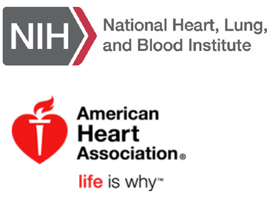About us
‘It takes a village to grow and sustain a tumor’. The tumor microenvironment is a group of normal host cells that shape tumor progression and responses to therapies. Our lab is broadly interested in the transcriptional programs that impact the tumor microenvironment. We are particularly interested in understanding cellular responses to DNA damaging agents such as radiation or chemotherapy. We compare and contrast how these agents affect RNA programs, specifically microRNAs, in the endothelial cells, immune cells (aka ‘normal’ cells) vs the tumor cells.
MicroRNAs (miRs) are small 22-25 nucleotide RNA molecules that are encoded in the genome. miRs function by suppressing expression of target mRNAs often by binding to their 3’ untranslated region. Over the past decade or so, the functional roles of miRs in several cellular processes have become clear. We like to think of miRs as cellular ‘tweets’. They are short, instant messages sent in response to a stimulus or stressor. Depending on which pathways are ‘tweeting’, dozens to hundreds of ‘follower’ mRNAs are influenced and respond to shape cellular behaviors. The power of this small RNA based intra and intercellular communication resides in the collective ability to influence multiple nodes of a pathway or a functional signaling network. We discovered that the loss of miR processing enzyme Dicer resulted in a de novo increase in DNA damage in endothelial cells. This increase was also exacerbated with agents such as radiation leading us to envision a fundamental role of miRs in regulating DNA repair. We chose to study this in the complex tumor microenvironment with radiation as our therapeutic agent so that we can understand the function of miRs in ‘normal’ cells of the host such as tumor endothelial cells vs the transformed tumor cells.
Graciously funded by

NIH/NHLBI R01 HL137779
NIH/NHLBI R01 HL143803
American Heart Association Innovative Research Grant
Pilot funds from the Knight Cancer Institute OHSU/OSU Horizon Initiative and Hillcrest Committee